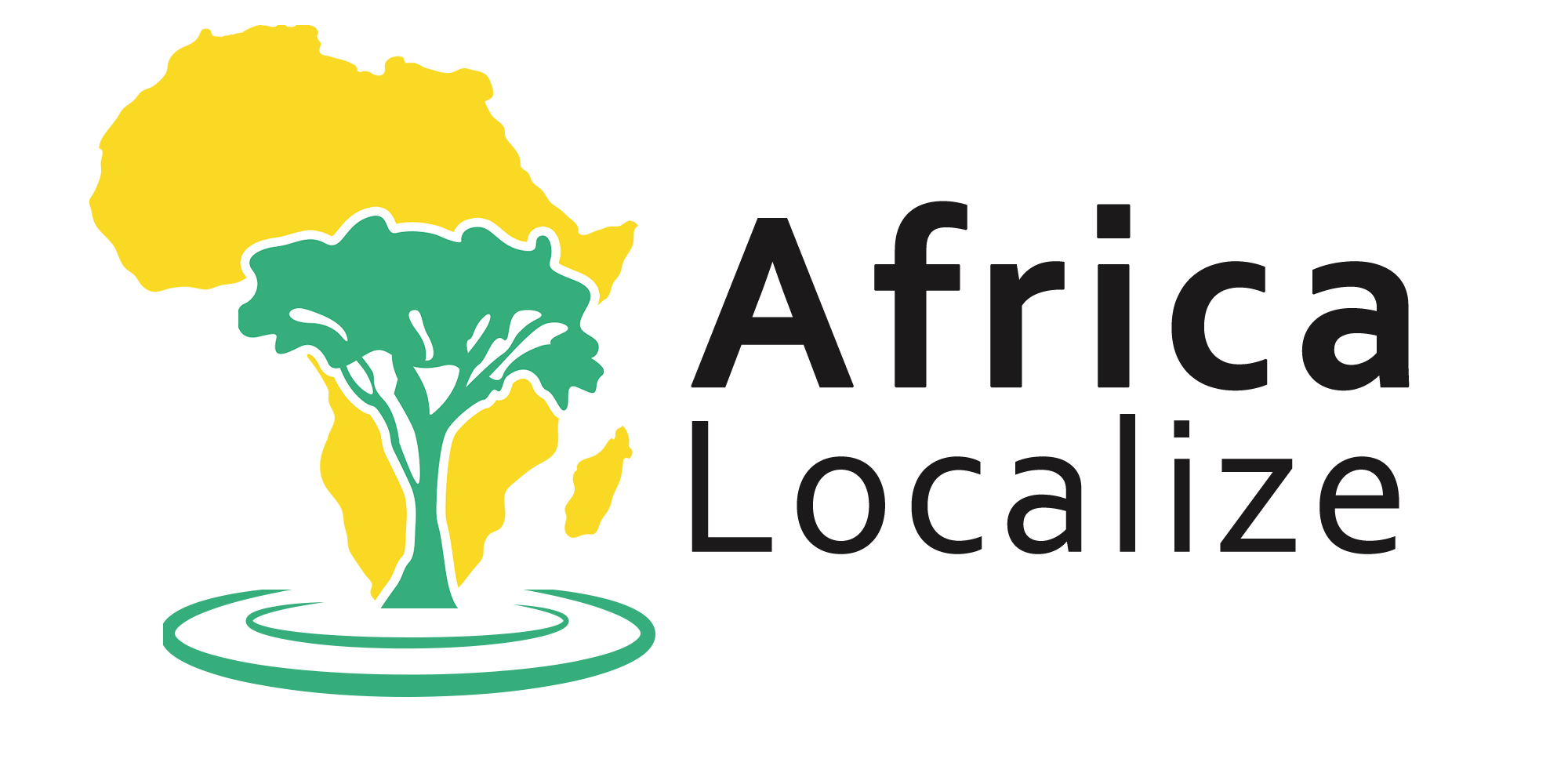How to Become a Professional Legal Translator?

Legal translators play a crucial role in bridging different legal systems and languages, ensuring the accuracy and integrity of translated legal documents.
If you have an interest in law, a passion for languages, and a keen eye for detail, a career as a legal translator may be ideal, and pursuing a Degree in Translation and Intercultural Communication could be beneficial.
This blog post will discuss the qualifications needed to become a legal translator, their roles and tasks, typical workplaces, and the necessary studies to pursue this rewarding career.
The journey to become a Legal Translator in a nutshell
To become a legal translator, start by studying a foreign language early, aiming for high proficiency in both languages. A bachelor’s degree, while not mandatory in many countries, is recommended, ideally majoring in your second language and minoring in law or legal studies.
Understanding different legal systems and becoming familiar with legal documents is crucial to providing professional legal translations. Boost your education with specialized training and gain experience through volunteer work or internships.
As you build your skills, consider creating a personal translation glossary. When ready, seek work through translator agencies or freelance opportunities, and consider employment with private companies for a stable career.
The key roles of a Legal translator

A legal translator’s main job is to accurately translate legal documents like contracts, court transcripts, patents, and laws. Legal translators need to understand legal terms in both the source and the target languages to ensure nothing important is lost and avoid misunderstandings.
They must also be aware of cultural and legal differences between the two languages to make the translations appropriate and correct. Proofreading and editing their work is crucial to catch any mistakes while translating legal documents and ensure high quality.
Finally, because they handle sensitive information, legal translators must keep everything confidential and follow strict ethical guidelines.
Achieving success as a Legal Translator
Success as a legal translator involves mastering both linguistic and legal skills, and it takes some hard work for the translator to achieve success as a legal translator, here are some examples of what you can do:
- Deliver High-Quality Work: Make sure to maintain the highest quality in every document you work on, either as a full-time or a freelance legal translator.
- Paying attention to details: Paying attention to details is an important quality for a translator and even crucial for a legal translator.
- Gaining extra-legal knowledge: Try to get more legal knowledge by reading legal documents in both the source and the target languages you translate.
- Minimizing risk while translating legal documents: By performing an accurate review and proofreading process to ensure there are no linguistic or contextual errors.
- Use terminology Effectively: Do a careful search for accurate equivalents for each legal term.
- Develop a Specialization: seek to specialize in a specific area within the realm of legal fields to advance your career.
Personal characteristics of a successful Legal Translator

Being a successful reliable Legal Translator takes developing some personal skills too besides the professional ones. It is more than just linguistic and legal skills; it demands trustworthiness, commitment, compliance, and determination.
Clients must trust that their legal translator will handle confidential documents with integrity, ensuring no information is leaked. Commitment is crucial, as the translator must faithfully reproduce the information in both languages while being dedicated, responsive, and flexible to meet deadlines and improve their services.
Compliance involves adhering to the client’s specific rules and understanding relevant laws and regulations, ensuring legal translations meet all necessary standards. Determination drives a translator to continually learn and adapt to changes in the profession, staying current with language updates and industry developments.
This determination not only fosters personal growth but also increases the likelihood of client retention and referrals, as clients value and recommend translators who are reliable and constantly improving.
Conclusion
Becoming a professional legal translator requires a blend of linguistic prowess, legal knowledge, and personal integrity. This career path is ideal for those passionate about languages and law, demanding a deep understanding of legal systems and terminologies.
Starting with a solid educational foundation, including a degree in Translation and Intercultural Communication, and gaining practical experience through internships or volunteer work, sets the stage for success.
Mastering the nuances of legal translation involves continuous learning, specialization, and meticulous attention to detail. Legal translators must uphold strict ethical standards and confidentiality, ensuring the accuracy and integrity of sensitive documents.
By delivering high-quality work, developing specialized expertise, and maintaining a commitment to excellence, aspiring legal translators can build a rewarding and impactful career, bridging linguistic and legal gaps in an increasingly interconnected world.
